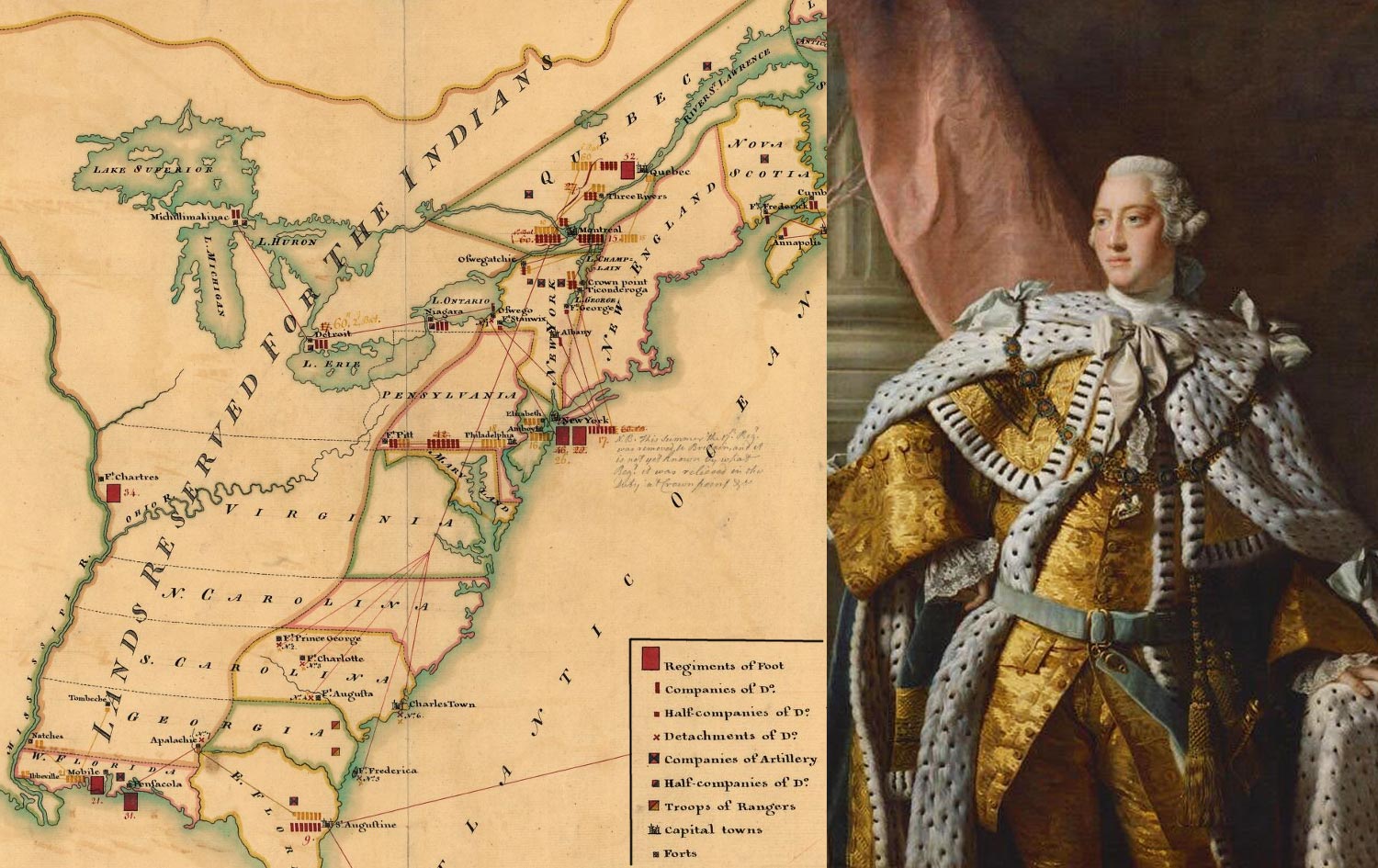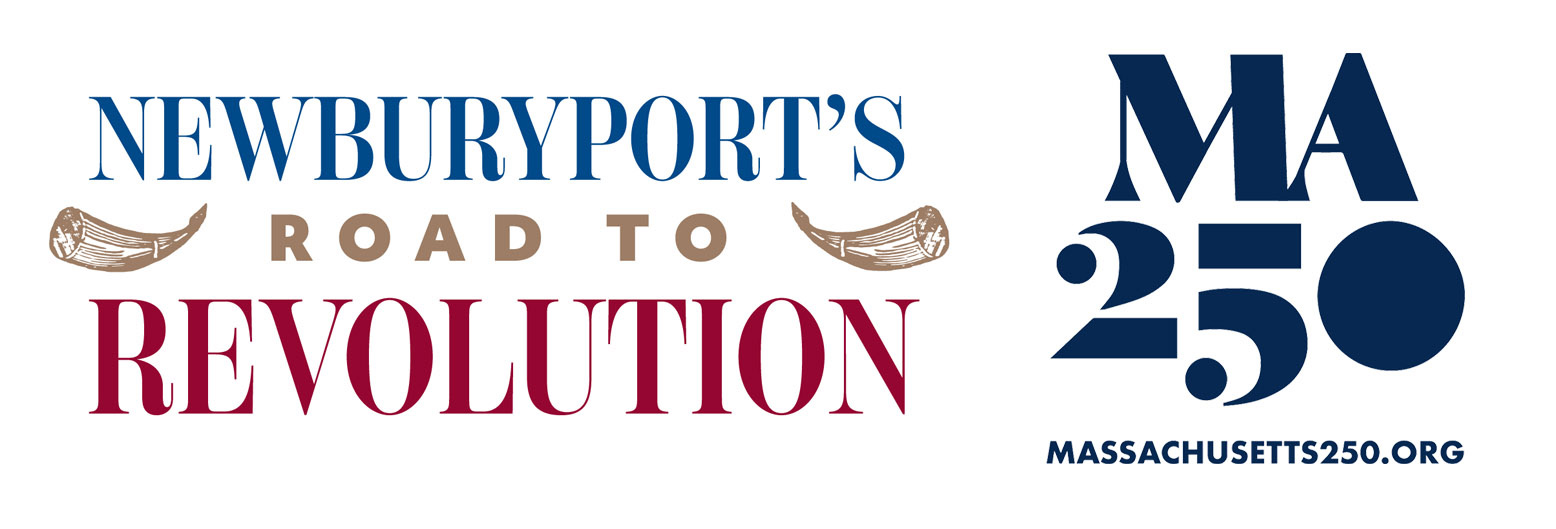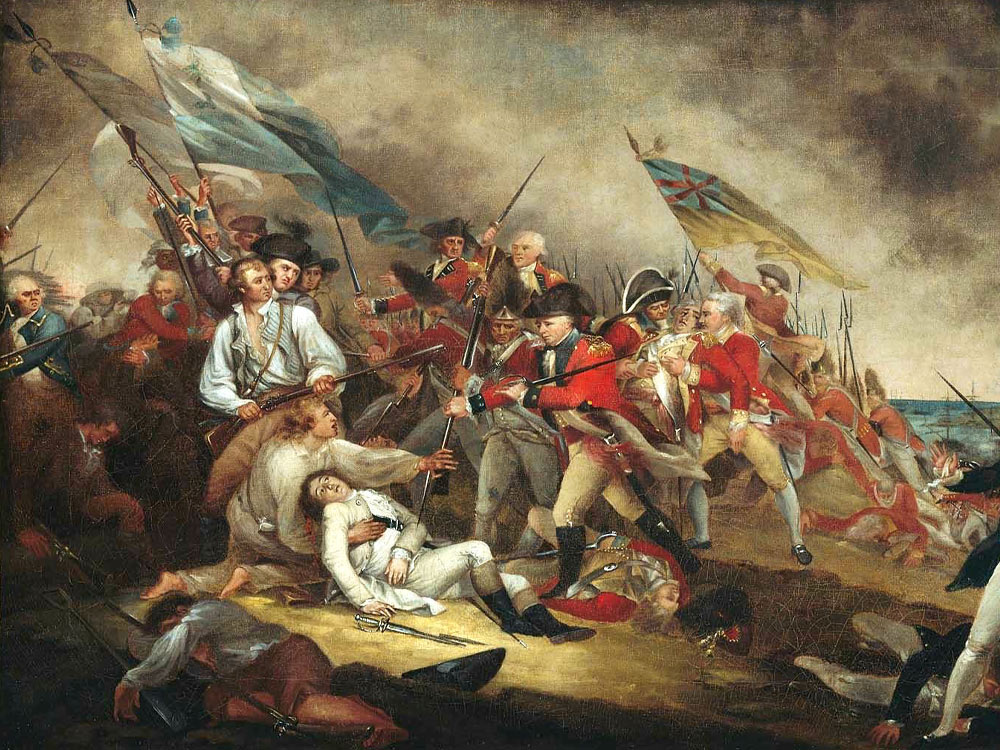Road to Revolution: First Steps
During the French Indian War, colonial militias fought alongside British regulars. Colonists saw themselves as equals to British soldiers, risking their lives in a common cause. Yet strict British military and social hierarchy treated colonial troops as inferior. This disparity bred resentment and fostered the beginnings of a unique American identity, distinct from that of the mother country.
At the same time, Enlightenment philosophies were gaining traction. Republican ideals challenged the notion of monarchy, advocating for a government based on the consent of the governed. Liberalism, as articulated by John Locke, argued that all individuals possessed natural rights—life, liberty, and property. These concepts questioned long-standing political authority and inspired colonists to envision a society built on equality and self-rule.
For some Native Americans, the dramatic shifted in territorial control and loss of France as an ally proved devastating. The resulting vulnerability led to an Indigenous uprising against British rule. Although suppressed, it prompted the British government to issue the Proclamation Line of 1763, restricting colonial expansion westward. This effort to stabilize relations with Native tribes was ignored by defiant settlers.
The most consequential legacy of the war was Britain’s staggering debt, estimated at £137 million. For decades, a policy of “Salutary Neglect” had allowed the colonies to operate with considerable autonomy. Now, desperately seeking new sources of revenue as the English themselves were already heavily taxed and complaining, Britain’s politicians argued that the colonies should shoulder more of the load. Just like today, people didn’t like to be taxed.

The 1763 Royal Proclamation by King George III was issued after Britain’s victory in the French and Indian War. It barred colonial settlement west of the Appalachians and reserved land purchases from Native Americans to the Crown. Intended to calm Native tensions, it instead angered colonists eager to expand westward.

Special Thanks to:


Plan Your Visit
Plan Your Visit
- Museum Hours
Sunday: 12 pm - 5 pm
Closed Monday
- Tickets
$8 admission for adults
Free for NBPT residents, kids under 12, and museum members
Cost of admission includes access to the Discovery Center.
- Parking
City parking is available adjacent to the museum. View parking lot directions.

